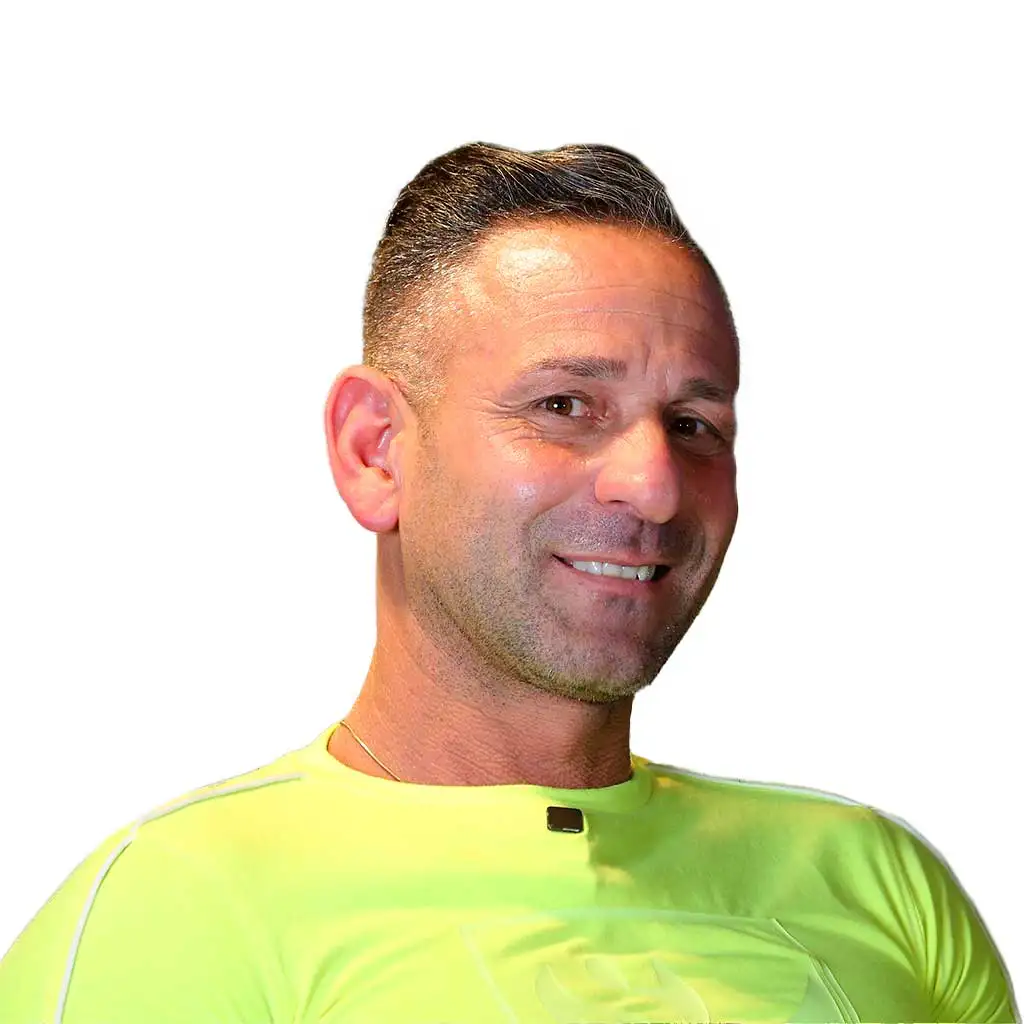
Antonio Sorrentino was born on January 23, 1970, in Cava de’ Tirreni, (SA) Italy. From a young age, he immersed himself in the world of martial arts, finding his true passion in kickboxing. Earning the prestigious title of Master and achieving a 5th Dan black belt, Antonio has become a recognized name in the world of combat sports. In addition to being a multiple-time world champion, he also served as a paratrooper in the prestigious “Col Moschin,” the special forces unit of the Italian army. Today, Antonio resides in his hometown of Cava de’ Tirreni, where he continues to inspire and train the next generation of athletes in his personal gym.
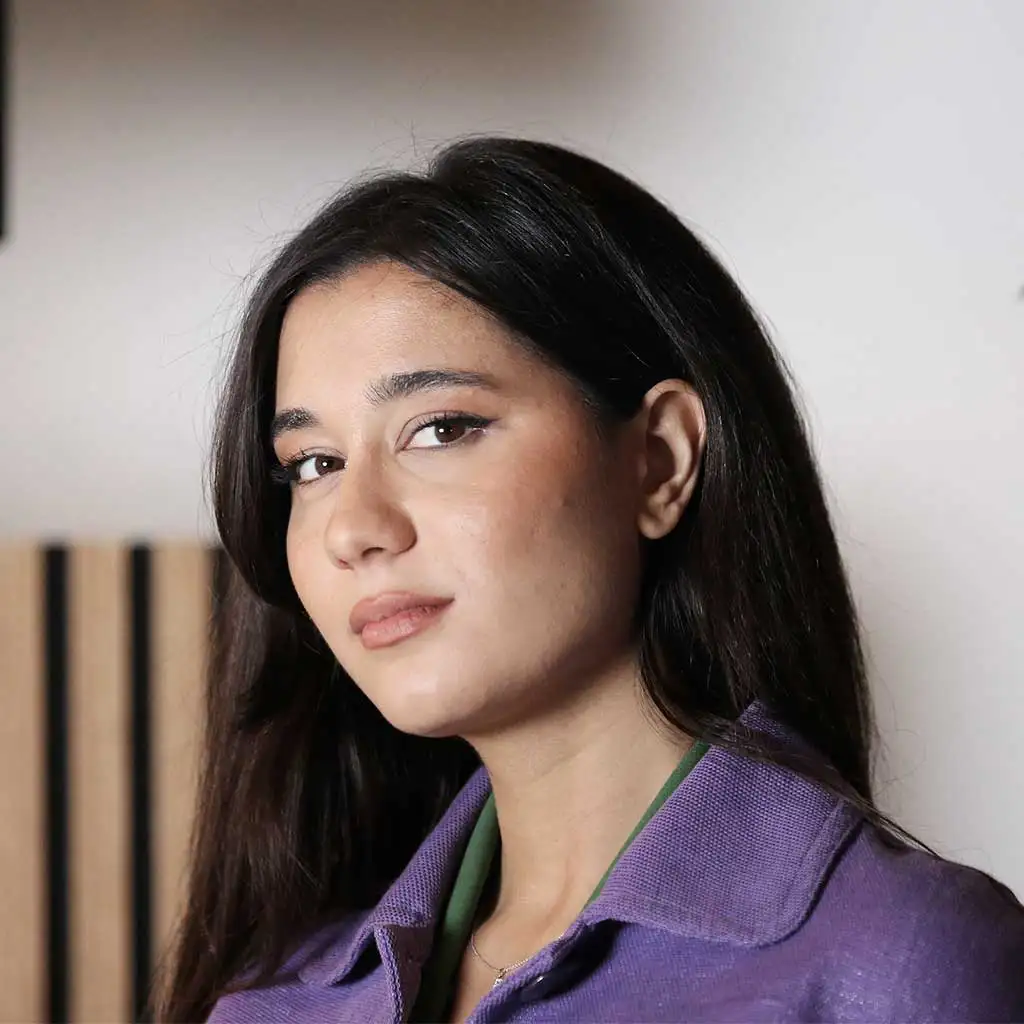
Piera Di Salvio was born and lives in Cava de’ Tirreni, a charming village in the province of Salerno. From a young age, she nurtured a passion for literature, which led her to pursue humanistic studies
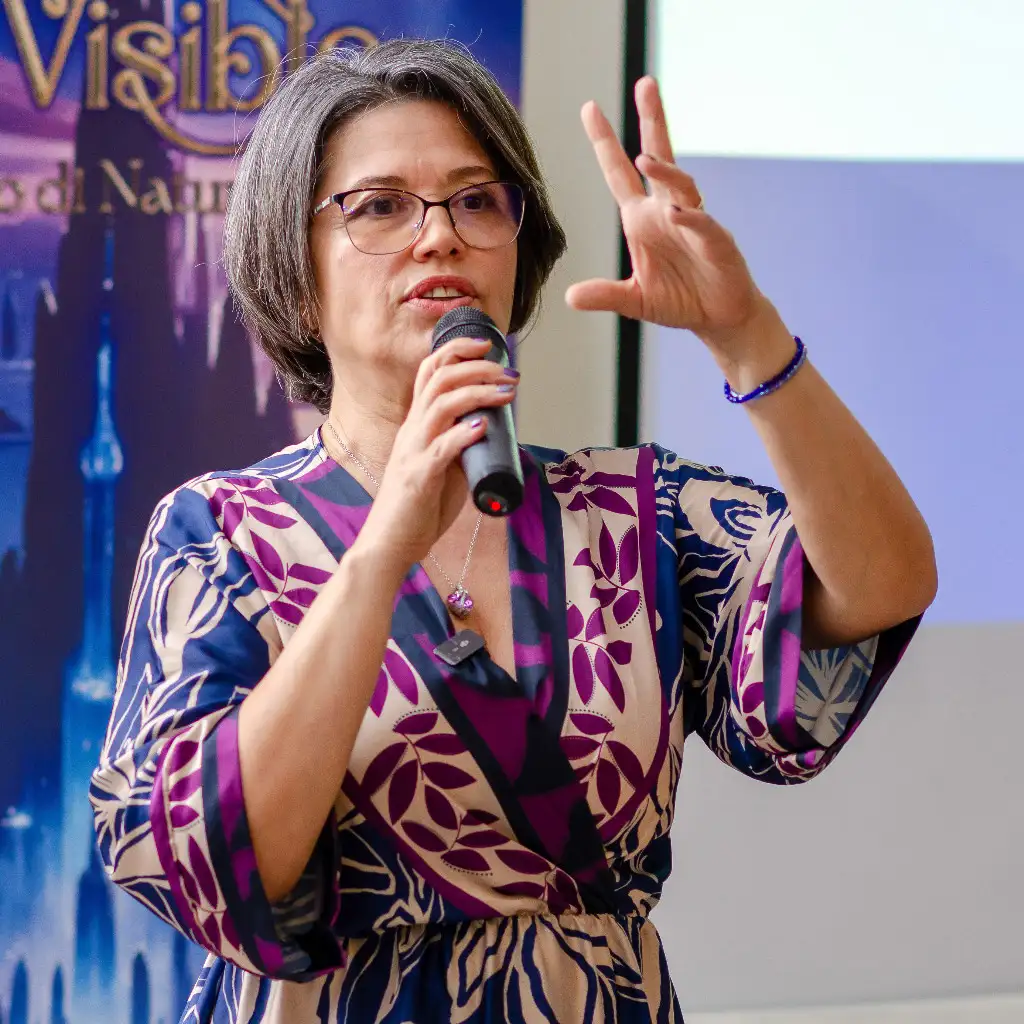
Eli Alves M. is a Brazilian writer with a passion for mystery and fantasy books. She graduated in Literature and specialized in English grammar and
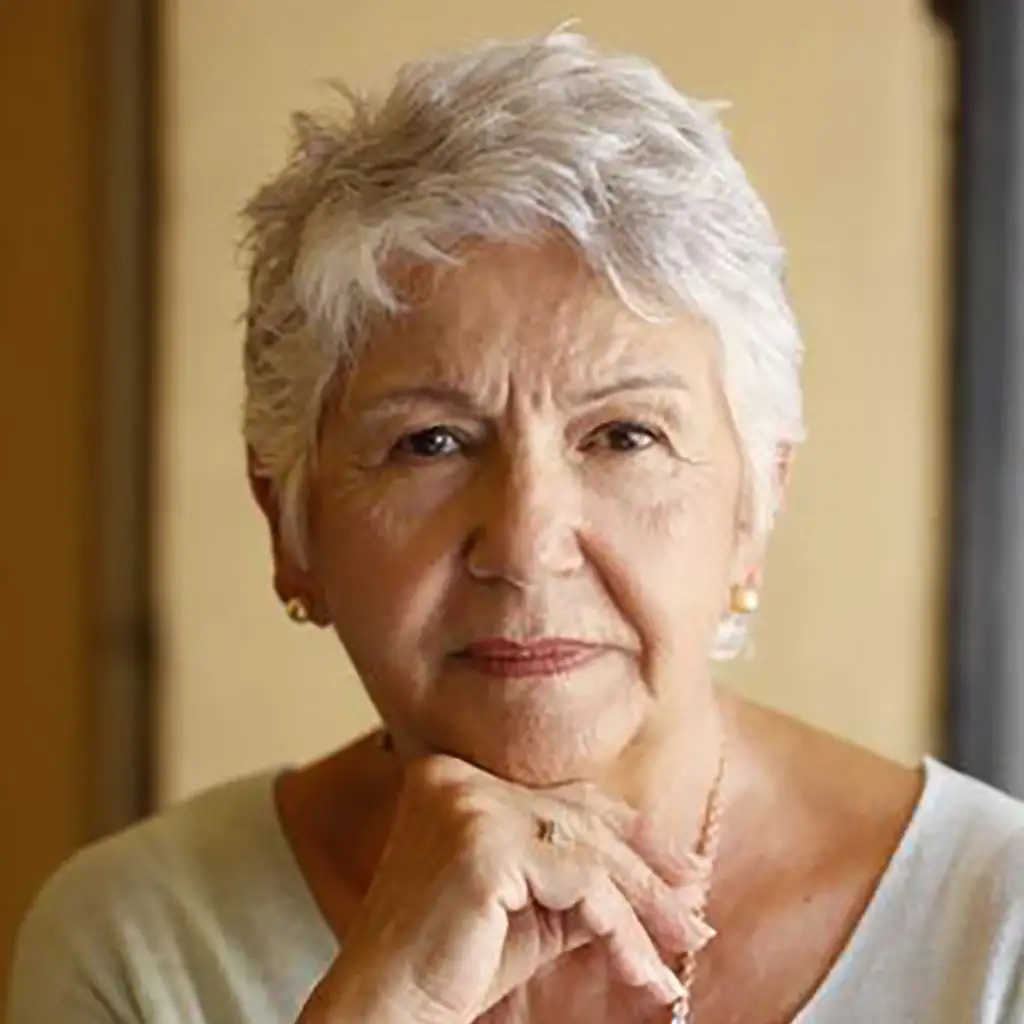
Camilla Scala was born in 1950 in Castellammare di Stabia, in the province of Naples. She has three children and seven grandchildren.
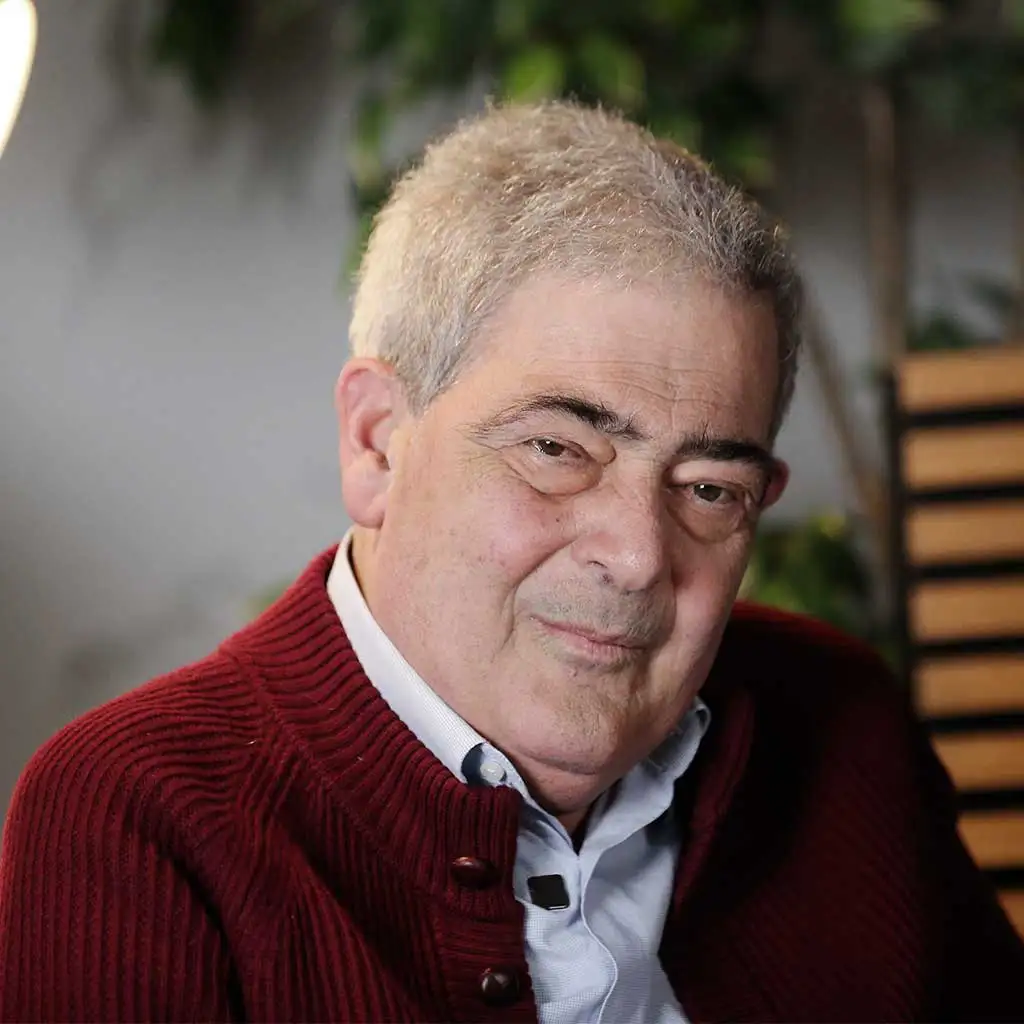
Franco Bruno Vitolo was born in 1949 in Cava de’ Tirreni (SA). He graduated in Classical Literature and began his career as a high school teacher in Como from 1977 to 1987. He continued his educational career until 2011 in Campania, particularly in Cava de’ Tirreni, his place of residence. After retiring, his passion for culture and writing did not diminish. He has engaged extensively in journalism and publishing, including production, editing, and book presentations. Among his most significant works, he curated the publication of “Gli anni rubati” – “The Memories of Settimia Spizzichino,” a survivor of Auschwitz and the only woman to survive the deportation of October 16, 1943, from the Roman ghetto to the concentration camps. Consequently, he published “Cioccolato ad Auschwitz,” a novelized diary of the trip to the concentration camp with Settimia, with students from Cava de’ Tirreni, and with former deportees and their families, later adapted into school editions (Simone, 2006 and 2020). For schools, he also published, along with Anna Somma, “Il Vocabolatino,” “Papà Latino,” and “Latino mio.” His dedication to cultural heritage is further highlighted by the creation, along with other members of the “Figli di Mamma Lucia” Committee, of the museum dedicated to the woman who, between 1946 and 1948, excavated and recovered the remains of at least 400 German soldiers who died during the Battle of Salerno, ensuring they were returned to Germany and their families.







